Published
8 months agoon
By
Adubianews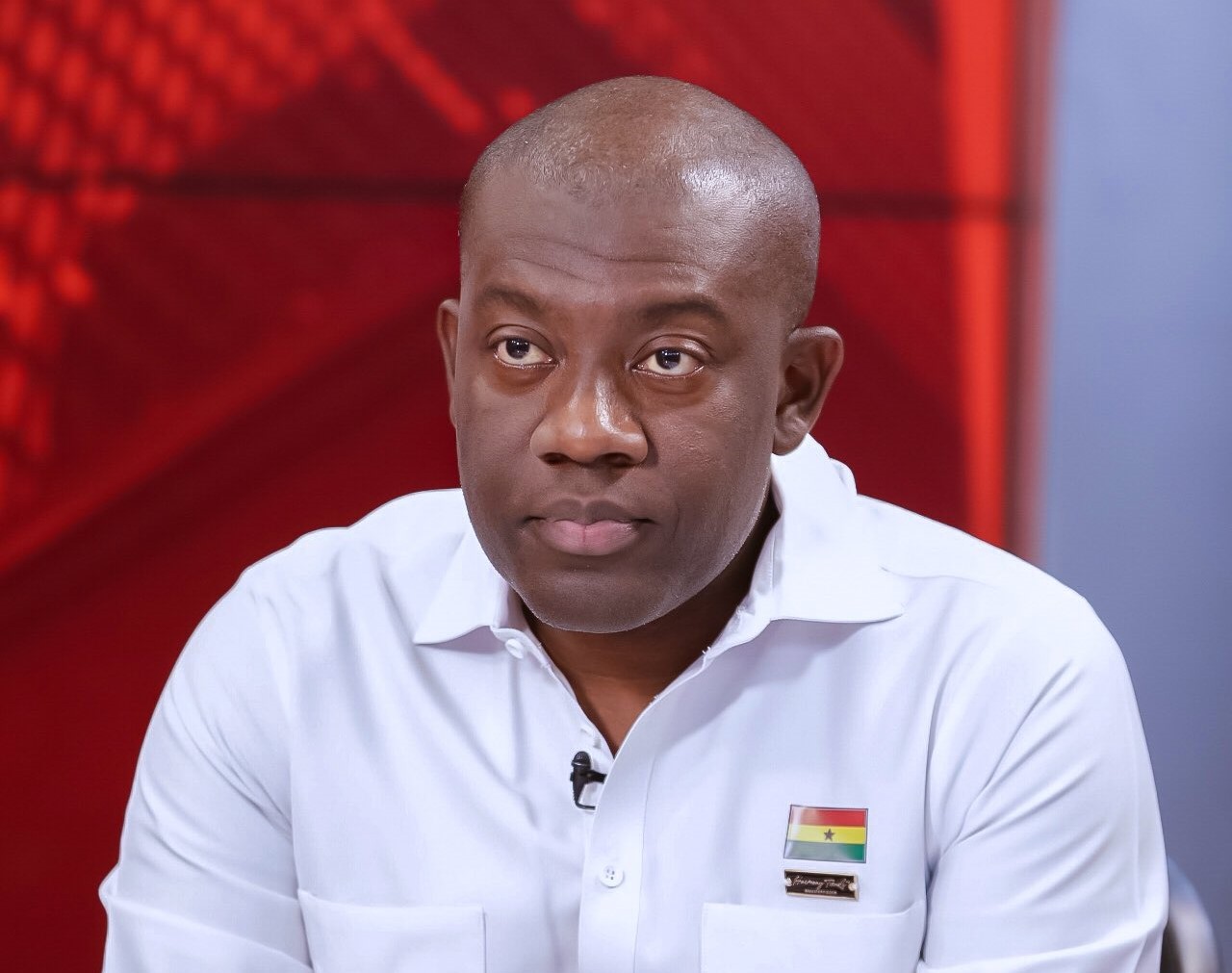
The Minority in Parliament has proposed a comprehensive three-point strategy to help the Mahama-led government tackle Ghana’s growing energy sector debt.
The Caucus is urging the administration to adopt a more structured, inclusive, and sustainable approach, one that avoids placing excessive financial pressure on citizens through taxes.
Speaking at a press conference in Accra on Monday, Ranking Member on the Economy and Development Committee, Kojo Oppong Nkrumah, criticized the recently introduced 8% fuel levy and called for broader, long-term solutions.
“If the government is serious about fixing the energy sector’s financial issues, it must go beyond quick fixes like taxation and focus on the structural causes of the debt,” he said.
The first recommendation from the Minority is for the government to expedite renegotiations of existing power purchase agreements (PPAs) and energy contracts that have contributed to the rising liabilities. Mr. Oppong Nkrumah emphasized that several of the take-or-pay contracts are unsustainable and remain a major source of Ghana’s energy debt.
“The government must urgently complete the renegotiation of these contracts to reduce unnecessary capacity payments,” he urged.
Ghana’s energy sector debt is estimated to exceed GH¢80 billion, with much of it stemming from payments for unused power capacity under agreements with independent power producers (IPPs).
The second proposal calls for accelerating Ghana’s shift toward renewable energy sources such as solar and wind. The Minority believes this move will reduce the country’s dependence on imported fuels and lower operational costs.
“We must dominate our energy mix with renewable solutions,” Mr. Oppong Nkrumah said. “This transition not only supports environmental sustainability but also provides long-term cost savings and protects the country from global oil price shocks.”
The third recommendation is for the government to work closely with IPPs to restructure financial arrangements, specifically by integrating fuel and capacity costs into power purchase agreements. This, the Minority believes, would enable the Public Utilities Regulatory Commission (PURC) to assess and reflect justified costs in end-user tariffs more transparently.
“We are calling for a shift from hidden costs buried in fuel levies to a regulated model where PURC can determine fair tariffs,” he explained. “This ensures better transparency, protects consumers, and improves predictability for investors.”
The Minority’s proposals come amid growing public opposition to the newly imposed 8% fuel levy, which has raised fuel prices by roughly GH¢1 per litre. Civil society organizations and transport unions have echoed calls for the levy’s immediate removal.
To build consensus, the Minority is urging the government to convene a national stakeholder forum that includes energy sector leaders, civil society groups, and consumer representatives. The goal is to develop practical, fair, and enduring solutions to Ghana’s long-standing energy challenges.


Keta Is Drowning, Not Fishing — Minority Marks Farmers’ Day With Fresh Warning Over Ghana’s Deepening Agricultural Crisis
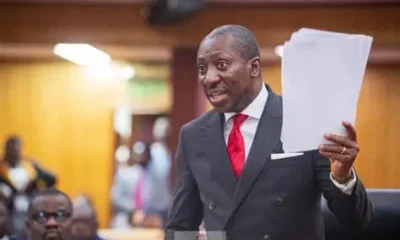

Minority Slams Government on Farmers’ Day: GH¢5bn Grain Crisis, Broken Promises, and a Sector in Distress
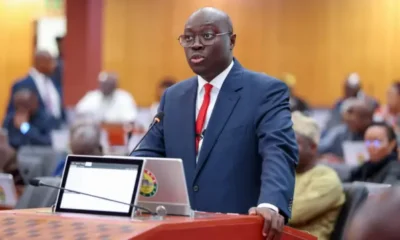

Minority Ready for Constructive Engagement on 2026 Budget


Minority Raises Alarm as 17 Ghanaians Die from Illegal Mining in 2025
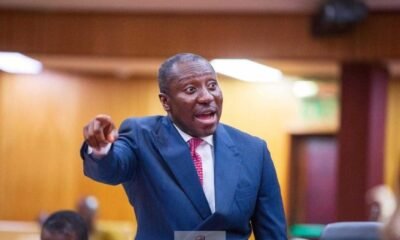

Minority Fumes Over Sudden Removal of Anti-LGBTQ+ Bill from Parliament’s Agenda


Minority Questions US Deportee Deal, Says Ghana’s Sovereignty at Risk
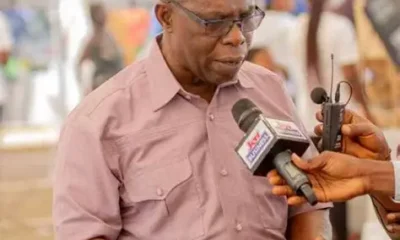

Minority Blasts Government Over Delayed Cocoa Price Hike
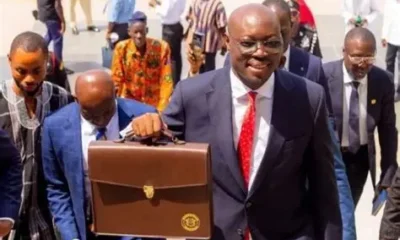

Minority Slams Ato Forson Over ‘False’ Claims on $750m Road Loan


Minority Slams Mahama Govt Over ‘Unfair’ Road Project Allocation

























